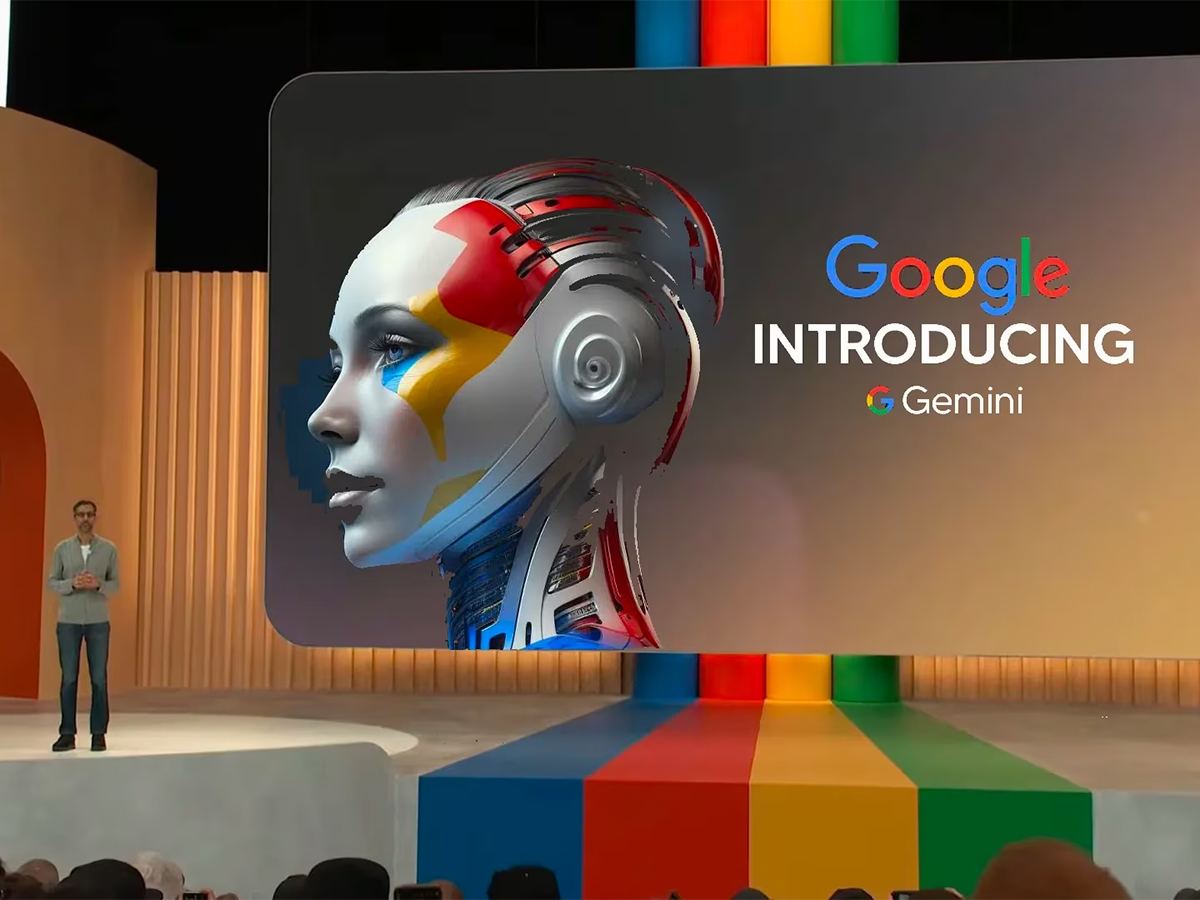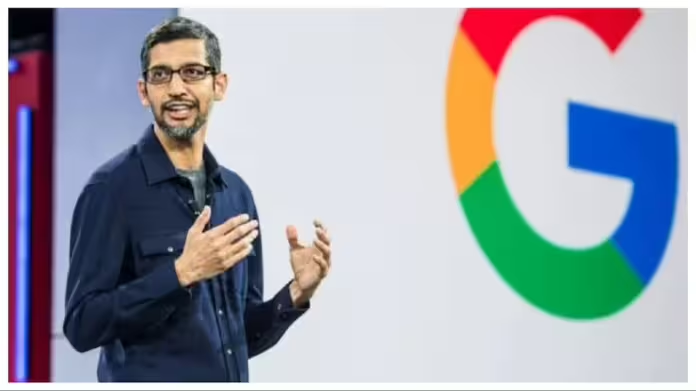In a significant technological milestone, Sundar Pichai, the CEO of Google parent company Alphabet, announced on October 29 that more than 25% of new code generated at the tech giant is now written by artificial intelligence (AI). This revelation, shared during Alphabet’s Q3 earnings call, underscores the company’s ambitious integration of AI to streamline productivity and speed up internal processes. The use of AI in Google’s coding operations reflects Alphabet’s ongoing commitment to technological advancement, with AI models increasingly taking on roles traditionally handled by human developers.
AI-generated code is subject to rigorous review by Google’s engineering teams before deployment, ensuring the technology acts as a productivity enhancer rather than an autonomous developer. “This helps our engineers do more and move faster,” Pichai explained, emphasizing his optimism regarding the progress and future opportunities for AI within Google. Over the last year, Alphabet has restructured its operations to optimize efficiency, trimming costs and improving responsiveness as part of this AI-driven evolution.
A Strategic Overhaul: Merging Teams to Drive Innovation and Efficiency
Last year, Alphabet took a pivotal step by merging its AI research giants, DeepMind and Google Brain, into a single division now known as Google DeepMind. Led by AI expert Demis Hassabis, this consolidated unit has enabled Alphabet to streamline its AI research initiatives and leverage their combined expertise to build next-generation AI models. This organizational change not only eliminated redundancies but also bolstered efficiency, transforming Google DeepMind into a central force in AI development.
The launch of the Gemini family of AI models earlier this year further illustrates Google’s AI ambitions. These models are intended to shape the future of AI, driving innovations across Google’s portfolio of applications. Pichai highlighted that additional structural shifts have integrated teams across research, machine learning infrastructure, security, and device platforms, making cross-functional collaboration easier and faster. A notable product from these efforts is Notebook LM, a tool designed for dynamic and streamlined note-taking, which has garnered positive reception for its practical utility and represents Google’s efforts to bring its AI research to practical, user-friendly applications.

Efficiency vs. Employment: AI in Google’s Workforce Raises Concerns
Google’s latest advancements in AI-driven productivity come amidst a tech industry still reeling from large-scale layoffs and cost-cutting measures. While AI boosts efficiency and enables faster development cycles, there are concerns about its implications for employment stability in tech. Although Pichai’s remarks focused on productivity gains, critics question whether AI-driven code generation could lead to further layoffs, particularly in the tech sector where job cuts have already surged in the past year. With AI’s ability to handle repetitive tasks, entry-level and mid-tier developer roles may face increasing vulnerability as more companies adopt similar AI coding capabilities.
In the broader industry context, Alphabet’s push towards AI-driven systems is mirrored by companies across Silicon Valley, where AI is being incorporated not only in coding but also in areas like customer service, data analysis, and infrastructure management. While this pivot has undeniably sped up project timelines and reduced costs, it has also sparked debate around job security and ethical considerations. As more AI models demonstrate capabilities once reserved for humans, the role of engineers and developers is likely to undergo significant transformation, with routine tasks potentially automated and creative or strategic roles becoming more prominent.
AI Integration: A Boon or a Digital Dilemma for Google’s Ecosystem?
While Pichai frames Google’s AI integration as a means to “move faster” and innovate more effectively, there are mixed opinions on the impact of such advances on the digital ecosystem. For one, the growing use of AI in Google’s code generation raises questions around the technology’s influence on code quality and security. Although AI can expedite coding and testing phases, it is not immune to errors or security vulnerabilities that could go unnoticed without careful human oversight. Some critics argue that AI-driven coding risks introducing unforeseen bugs, which could affect the stability of Google’s services and the privacy of its users.
In response to these concerns, Alphabet has instituted strict review processes, requiring engineers to vet AI-generated code for accuracy and integrity. This multi-layered approach aims to balance AI’s speed with human expertise, ensuring that quality standards are maintained even as the company scales its AI capabilities. However, as AI models continue to evolve and assume more complex roles, the question remains whether these review processes will be sufficient to prevent potentially costly or damaging errors.
Furthermore, AI’s integration into code generation presents unique challenges for the technology’s users. While AI can handle code at impressive speeds, there is still a learning curve for engineers who must understand and work alongside AI-generated code. In effect, AI might simplify some processes while creating new forms of complexity that require a deeper understanding of both code and machine learning.

A New Era of Work: AI’s Long-Term Implications for Google and the Tech Industry
Alphabet’s embrace of AI to generate code marks a new era in the tech industry, one where the boundaries between human and machine labor are increasingly blurred. This shift has opened possibilities for higher productivity, but it has also introduced new ethical and operational challenges. Pichai’s vision suggests a future where AI is integral to Google’s operational model, potentially reshaping the company’s workforce structure and influencing how other tech firms manage their talent and resources.
As Google continues to invest in AI development and deployment, the broader tech industry will likely follow suit, adopting similar strategies to stay competitive. While this innovation-driven model promises rapid advances in technology, it also brings significant questions regarding employment, privacy, and digital trust to the forefront. Alphabet’s journey in the AI space is setting a precedent, with its successes and challenges likely to shape the discourse on AI integration across industries.
In the short term, Google’s productivity gains through AI have reinforced its position as a leader in tech innovation, yet the long-term impact of these changes will depend on how well the company manages the balance between AI efficiency and human expertise. Whether these advancements herald a new age of efficiency or introduce unprecedented digital challenges, Alphabet’s approach to AI has made it a central player in the global conversation on the future of work.

